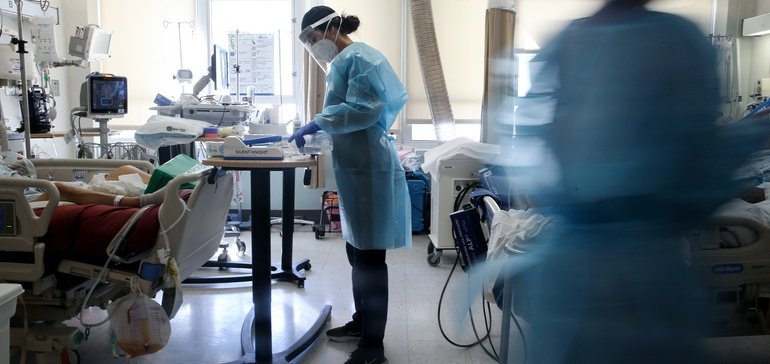Labor union health fund targets hospital prices, looks to form purchasing coalition – Healthcare Dive

Dive Brief:
Frustrated by high hospital prices, a large union’s health fund, which oversees benefits for 200,000 SEIU workers and their families, is determined to rein in spending after an analysis of its claims data showed about 59% of its healthcare spending goes toward hospitals, according to Cora Opsahl, director of the 32BJ Health Fund.
After its own analysis of medical claims data for SEIU 32BJ, a union comprised of mainly building workers, Opsahl believes the “next right step” is to form a purchasing coalition with other larger unions, including those that represent New York City workers and teachers.
The fund’s analysis shows wide variation in prices for the same services at different locations. The price of a c-section was slightly more than $55,000 at New York’s Montefiore Medical Center but $18,000 at New York City Health + Hospitals. Similar price trends were evident for different procedures.
Dive Insight:
The report, released last week, laid out a handful of ways the union’s health fund could tackle the problem. Forming a purchasing coalition was just one idea, which seems to be the path forward for the fund.
The fund’s leaders are “currently having conversations” with other union health funds, according to Opsahl, who added, “We think, right now, that probably forming a group purchasing coalition is really … potentially the right next step.”
If successful, the coalition would bring together New York City’s largest public employee union and the United Federation of Teachers. Together the coalition would represent about 540,000 people.
Leaders are hoping a group of that size and scale could create leverage for change.
Other options on the table include advancing legislative and regulatory action.
32BJ is hoping to limit “all-or-nothing” contracting, when health systems with only agree to insurance contract terms if all their hospitals and facilities are included in a single network.
32BJ said legislation being considered in New York would curb such anticompetive behaviors.
As the group looks at its next steps, leaders have realized that reconfiguring benefit design alone is “not going to stop the runaway train that is hospital prices,” Opsahl said.



